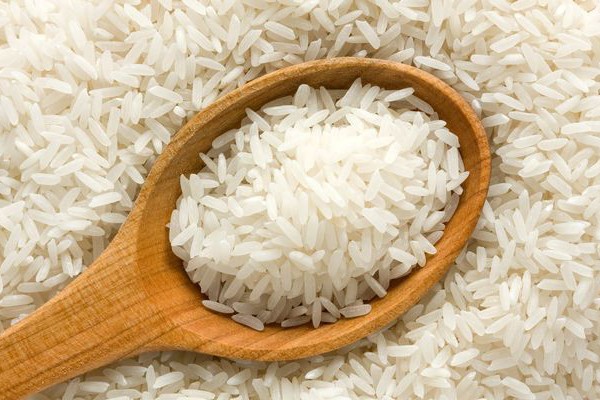In a surprising development, the price of different varieties of rice has suddenly jumped by 50 percent due to the opening of trade with Iran, where 25 to 30 per cent export of the commodity has been shifted so far, the exporters in the rice sector claim.
The huge volume of rice is being either exported or smuggled into the neighbouring country, creating a sudden sharp demand of the commodity in Pakistan. “We are told that people from Quetta and other parts of Balochistan are largely purchasing rice from the local market,” Taufiq Ahmed Khan, former vice president Rice Exporters Association of Pakistan (REAP) said, adding, “The sudden rise in demand has caused around 50 per cent hike in the price of the commodity.”
Talking to Pakistan Today, he said that although this is a good development for the sector as the commodity is largely noncompetitive in the international market, but this export is comparatively contributing little to the country’s economy in terms of foreign exchange, as large chunk of trade is either based on smuggling or barter trade at land routes.
“Another negative impact of this trade could be the loss of traditional markets in Middle Eastern countries following the shortage of the commodity in the domestic market. In the long run, the growers may face losses in case of any negative development related to trade with Iran as the growers usually cultivate the crop which makes good revenue,” he added.
The exporter suspects Indian involvment in the artificial hike in demand, saying that the neighbouring country, as it had done previously, may be conspiring to grab the traditional market of Pakistan. He, however, said that the 20 per cent reduction in India’s production this season may benefit Pakistani products in international markets.
It may recall here that Parliamentary Secretary for Commerce Najeebuddin Awaisi had recently informed the National Assembly in its session while answering to queries that there is no restriction on import of rice from Pakistan by the United Arab Emirates and Iran.
He said the Iranian government imposes a seasonal ban on the import of rice every year from July to December, in order to protect their domestic growers, but this year, due to unknown reasons, the ban was lifted last month.
According to sources, the sudden jump in demand for Pakistani rice in Iran could be due to the short supply from India. In February this year, Iran had reportedly imposed a price cap on the import of Indian basmati. It had fixed a price of $850 per tonne while earlier it had an open market due to which price benefits were coming to the Indian rice industry.
Following Tehran’s decision, Indian rice exporters had started focusing on other markets, including Saudi Arabia, Iraq, Europe, Dubai, Afghanistan, Yemen and others, where they already export a huge chunk of rice.
Both India and Pakistan have claimed geographical indication on aromatic long-grained basmati rice, saying the variety is unique to the respective countries.




